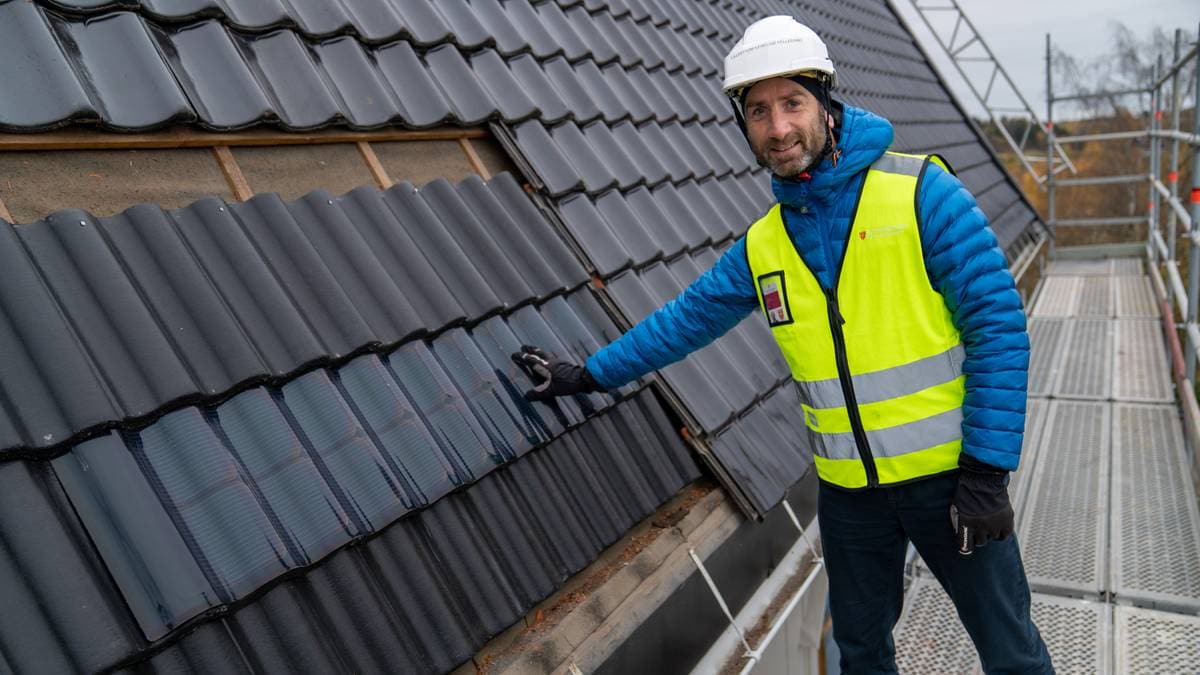Discussion entry Expresses the author's views.
It is urgent to develop legal instruments that prohibit the use of autonomous weapons on the battlefield. In this work, Norway must play a leading role.
Choose what to attack, where and when.
Autonomous weapons identify and attack targets using sensors. They differ from other weapons in that, once launched, they choose for themselves what to attack, when and where, without human intervention. We are now witnessing a development in the autonomy of weapons that will change warfare forever. The pitfalls for international law are many and profound.
*This article was first published in Defense Forum
Do we want a world where machines make life-or-death decisions?
For us, the answer is clear. It is urgent to develop new international legislation to ensure that human beings have control over life and death decisions. In this work, Norway must play a leading role, to ensure that civilians, but also combatants, are protected in future conflicts.
undermines the basic principles of the international law of war
If we do not think preventively today and ensure international rules, developments will significantly undermine the basic principles of the international law of war. The development of autonomous weapons could also lead to an arms race, lower the threshold for the use of military force, and lead to less international stability.
This does not mean that all autonomous weapons systems should be banned. In fact, we have had autonomous weapons systems for decades, for example for missile defense on warships.
But to a large extent, they had enough control over what these systems could attack, when, where, and for how long they would operate. The user was in the same place as the systems, and was able to limit the effects of the weapons system in real time.
Restrictions are needed.
As autonomous systems become more mobile, use more advanced sensors, use advanced algorithms and AI in decision-making, have more advanced target profiles to look for, and can operate in swarms, or over long periods of time and away from people and who will be held accountable for their use, we are losing important and necessary control over the use of force. And the fact that technology is also getting cheaper doesn’t make it any less urgent.
Here we need restrictions, and the vast majority of countries agree that a class of autonomous weapons systems should be banned because they lack sufficient control or are unpredictable.
Those that are not banned must be regulated – specifically to maintain human control.
– It's not a good foreign policy.
Norway has a proud tradition, knowledge and resources to contribute to arms regulation through diplomatic processes. We believe that Norway should seize the opportunity to manage development so that it is in our interests and ensures compliance with and necessary modernization of the international law of war. A wait-and-see attitude favours large states with greater capacity and willingness to use military force, and is not good foreign policy.
We therefore encourage Norway to show political support for negotiations on a legally binding instrument at the UN General Assembly in New York, to show the way forward, and to strengthen Norwegian citizens’ defence against autonomous weapons systems.

“Web specialist. Lifelong zombie maven. Coffee ninja. Hipster-friendly analyst.”




